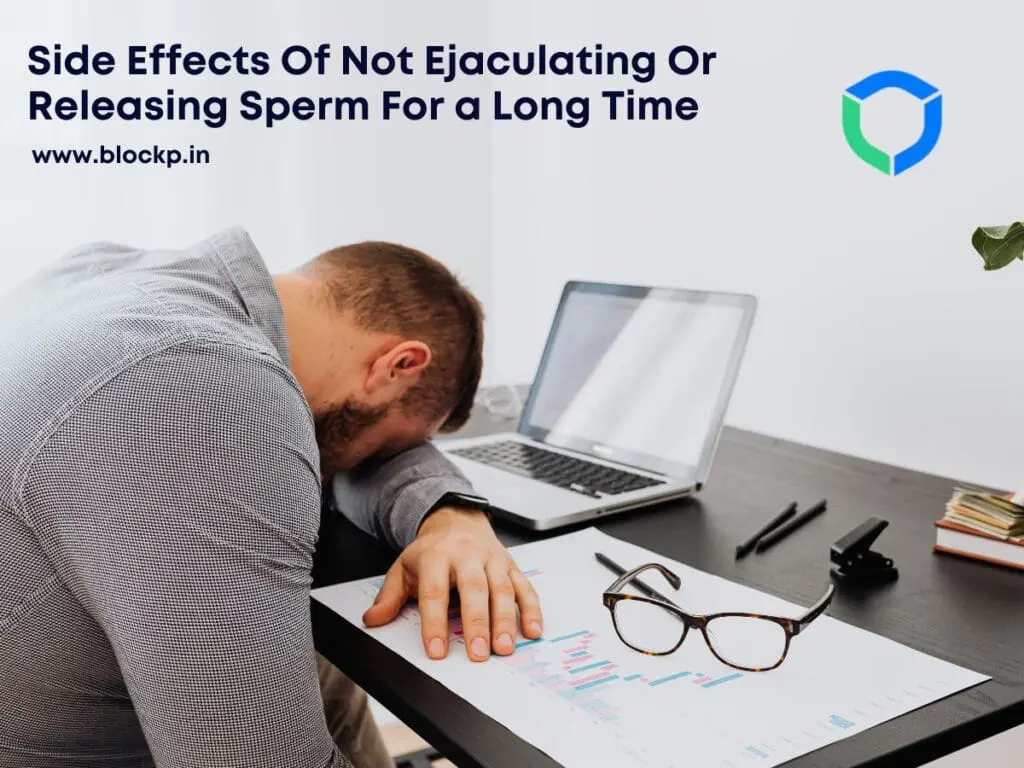¿Ver pornografía en una relación es malo o está bien?
El consumo de pornografía puede convertirse en un problema cuando una o ambas personas en la relación se vuelven dependientes y la explotan compulsivamente para su placer sin su pareja. ¿Es malo ver pornografía en una relación? La respuesta depende de cómo afecte a la conexión. Si ver pornografía te aleja de tu vida romántica en pareja, lo que podría provocar una masturbación excesiva o incluso una adicción a la pornografía, es probable que sea un problema. El consumo excesivo de pornografía puede incluso causar depresión en algunas personas. Si notas que tu vida en pareja o tus afectos se ven afectados, y la frecuencia de las relaciones sexuales ha disminuido, puedes empezar a preocuparte. También puedes notar diferencias en los hábitos diarios de tu pareja, como estar siempre distraída o no poder concentrarse en sus obligaciones laborales, familiares o planes de futuro. En estos casos, ver pornografía en una relación puede convertirse en un hábito destructivo. ¿Es malo ver pornografía en una relación? Uno de los efectos más dañinos de la pornografía en una relación es el que causa en la intimidad apasionada de la pareja. La disposición a explorar y ser vulnerable mentalmente es importante en una relación sana, pero el consumo de pornografía puede perturbar o incluso reemplazar esta conexión real. Esto puede causar el abandono emocional por parte de la pareja, que a menudo es el inicio de una gran derrota en una relación, ya que las parejas empiezan a buscar en otras partes la satisfacción de sus necesidades emocionales. A encuesta Un estudio de 1500 hombres jóvenes reveló que el 56 % expresó que sus gustos en el porno se habían vuelto «extremos o extraños». Muchos espectadores terminan sintiéndose estimulados por cosas que antes les repugnaban. ¿Crees que ver porno en una relación es la causa de la separación sexual? Si es así, podrías demonizarlo por completo y centrarte solo en sus efectos perjudiciales. Pero pregúntate: ¿está bien ver porno en una relación si se usa para lidiar con una desconexión emocional más profunda? Esta mentalidad puede ayudarte a reflexionar más abiertamente y a abordar la raíz del problema, no solo el síntoma. 4 maneras en que ver pornografía afecta las relaciones La pornografía es un tema controvertido en nuestra sociedad. Desde su auge hasta su amplia accesibilidad, tiene un impacto innegable tanto en las personas como en las relaciones. A continuación se muestran algunas formas en las que ver pornografía en una relación puede afectar negativamente el vínculo romántico: 1. Intimidad emocional La pornografía puede reemplazar la verdadera conexión emocional. Cuando una pareja recurre a la pornografía en lugar de explorar sus emociones contigo, esto lleva al abandono emocional. Esto suele marcar el comienzo de un lento declive en la relación. 2. Ideas alteradas sobre el compromiso El consumo frecuente de pornografía puede desensibilizar a las personas respecto a la intimidad y la monogamia. Esto podría generar expectativas poco realistas o provocar la ruptura de la confianza cuando una de las partes no comparte esas nuevas perspectivas. 3. Secreto y comportamiento aislante Las personas pueden ocultar sus hábitos pornográficos por miedo a ser juzgadas o por ser conscientes de su uso excesivo. Este secretismo dificulta la comunicación y la conexión en la relación. Otros efectos negativos de la pornografía incluyen: 4. Divorcio De unas 2.000 parejas encuestadas que aprobaron usar pornografía juntas, aproximadamente el 11% de las parejas que veían pornografía regularmente dijeron tener divorciadoEl aumento de parejas que se divorcian es difícil de cuantificar, dados los numerosos aspectos que pueden afectar las relaciones. Sin embargo, los datos indican claramente que la satisfacción con el matrimonio se ve afectada negativamente, en gran medida, por compartir este comportamiento con regularidad. El estudio también señala que las parejas más jóvenes tienden a verse más afectadas por el consumo regular de pornografía. Estas señales hacen que muchos se pregunten: ¿es malo ver pornografía en una relación? Si constantemente genera distanciamiento emocional, la respuesta podría ser sí. Cómo crear una relación saludable contigo mismo, con tu pareja y con la pornografía La pornografía desempeña roles diferentes para cada pareja. Algunos la quieren completamente fuera de escena, mientras que otros la usan juntos para fomentar la intimidad. ¿Es normal ver pornografía en una relación? Para algunos, sí, siempre que se haga con consciencia y respetando los límites. Si la pornografía está dañando tu relación, establecer límites es esencial para reconstruir la confianza. 1. Sé abierto sobre tus sentimientos Si tu pareja ve pornografía, lo mejor es hablar abiertamente. Si te duele, si sientes que te abandonan, díselo. La mayoría de las parejas no intentan dañar la relación; muchas desconocen las consecuencias emocionales. De igual manera, si te parece bien, sé claro. La transparencia evita suposiciones y problemas futuros. 2. Explora tus pensamientos Analiza tu postura personal. Pregúntate: ¿está bien ver pornografía en una relación si coincide con los valores de ambos? Comprende tus propios detonantes, creencias y niveles de comodidad antes de poder entablar una conversación productiva. 3. Pautas de configuración No necesitas reglas estrictas, pero las pautas pueden ayudar: Las conversaciones abiertas y los límites bien pensados garantizan que ver pornografía en una relación no resulte perjudicial. Cómo BlockP ayuda a detener la pornografía Si has decidido que dejar la pornografía es lo adecuado para tu relación o tu crecimiento personal, una bloqueador de pornografíaComo BlockP puede ayudar enormemente. Estas son las características que hacen que BlockP sea efectivo: BlockP ofrece herramientas para eliminar la tentación y recuperar el control de tus hábitos. Si te preguntas si ver pornografía en una relación es malo y has decidido que es para ti, da el primer paso hacia el cambio con BloqueP.









